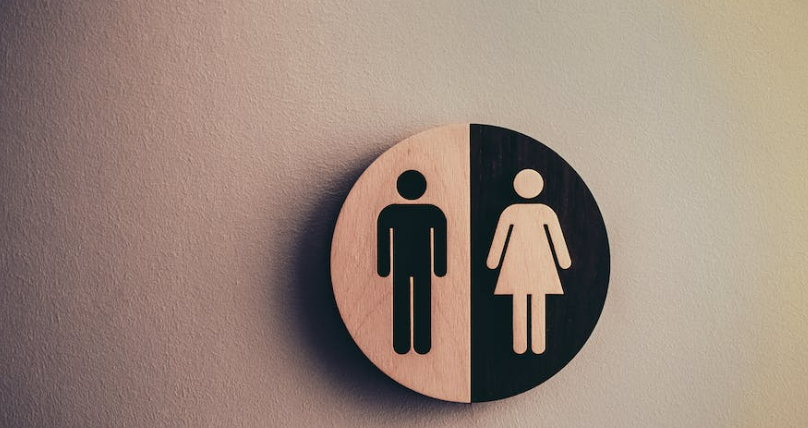How to juggle with gender justice in 21st Century

Gender justice is an essential concept that underpins the principles of equality, fairness, and human rights. It is the foundation upon which societies can build a more inclusive, just, and harmonious future. Gender justice goes beyond the basic recognition of differences between genders; it seeks to rectify historical imbalances and discrimination that have persisted for centuries.
Gender justice is the pursuit of equality between all genders, irrespective of biological, social, or cultural differences. It acknowledges that these differences should not result in discrimination or privilege but rather in diversity, inclusion, and respect. The concept extends beyond the binary notions of male and female, recognising the spectrum of gender identities. Gender justice encompasses economic, social, political, and cultural aspects of life.
Throughout history, women and gender minorities have faced systemic discrimination and violence. The struggle for gender justice stems from the necessity to address these historical injustices. Societal norms and power imbalances have perpetuated gender discrimination, resulting in disparities in areas such as education, employment, and political representation.
Gender justice plays a crucial role in economic empowerment. Women, for instance, have been historically underpaid and underrepresented in the workforce. Achieving gender justice means closing the gender pay gap and ensuring equal opportunities for employment and career advancement. When women have the same economic prospects as men, it benefits not only the individuals but also the economy as a whole.
Gender equality in the workplace fosters diversity, which, in turn, promotes innovation and growth.
Another vital aspect of gender justice is equal access to education. Many societies have historically limited educational opportunities for girls and women, leading to a substantial gender gap in literacy and numeracy. Gender justice strives to dismantle these barriers and ensure that everyone, regardless of gender, has access to quality education. When girls and women are educated, it not only transforms their lives but also contributes to more informed and prosperous communities.
Gender justice advocates for equitable representation in political decision-making. Historically, women and gender minorities have been underrepresented in positions of power and influence. Achieving gender justice means having diverse voices at the table, which can lead to policies that address the needs and concerns of the entire population. It’s about breaking down the barriers that have kept many from participating in the democratic process and ensuring that all voices are heard.
One of the most pressing challenges that gender justice addresses is the issue of gender-based violence. This includes physical, sexual, and psychological violence against individuals based on their gender or gender identity. Gender justice seeks to create a society where all individuals can live free from the fear of violence, harassment, and discrimination. Ending gender-based violence is not only a matter of justice but also a matter of public health and safety.
The pursuit of gender justice yields a multitude of benefits for individuals and society as a whole. What can be some of the positive outcomes: economic growth, social cohesion, better policy making, health and well being and innovation.
. By addressing historical injustices, ensuring economic empowerment, promoting education for all, increasing political representation, and ending gender-based violence, we create a society that benefits everyone. Gender justice is not a women’s issue; it is a human rights issue, and its pursuit is vital for a brighter and more equitable future.
— The writer is a sexual and reproductive health/rights expert












